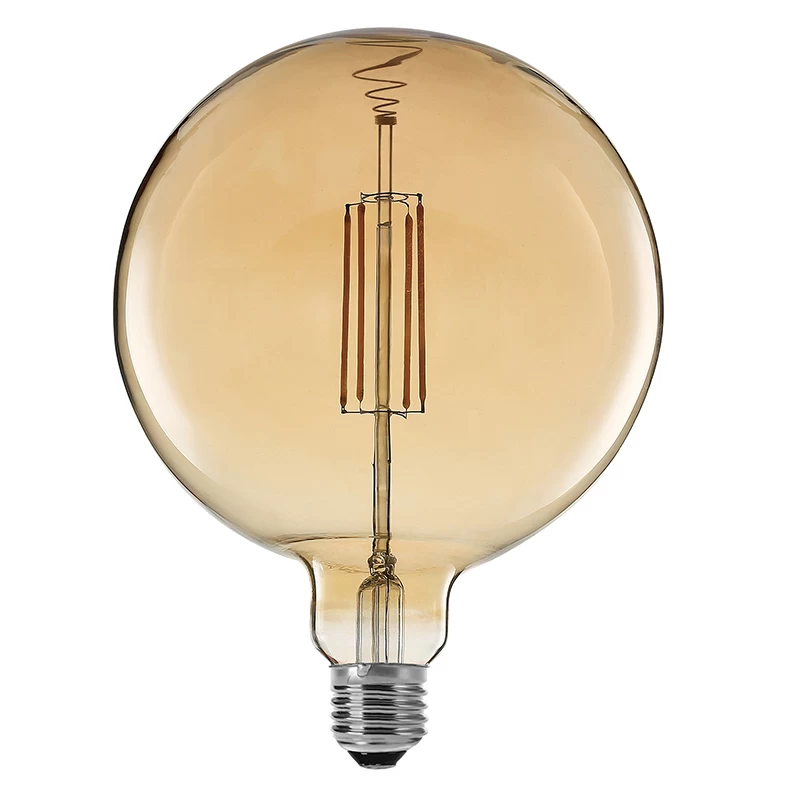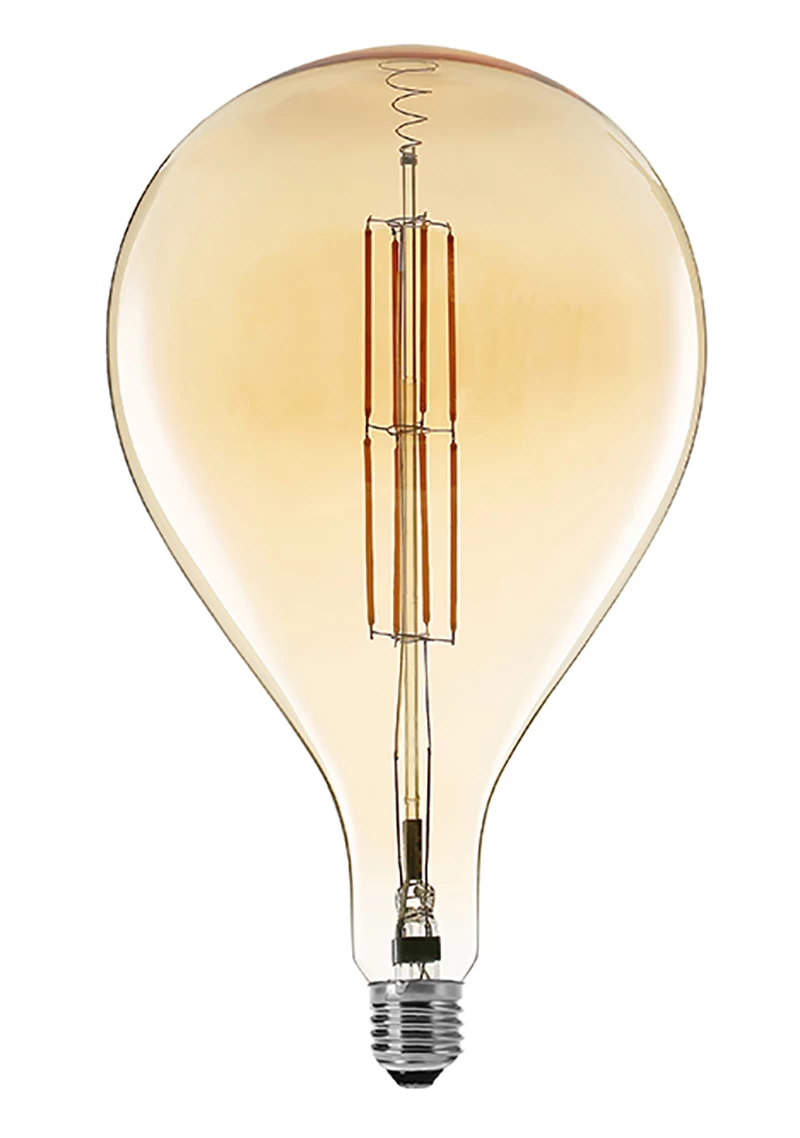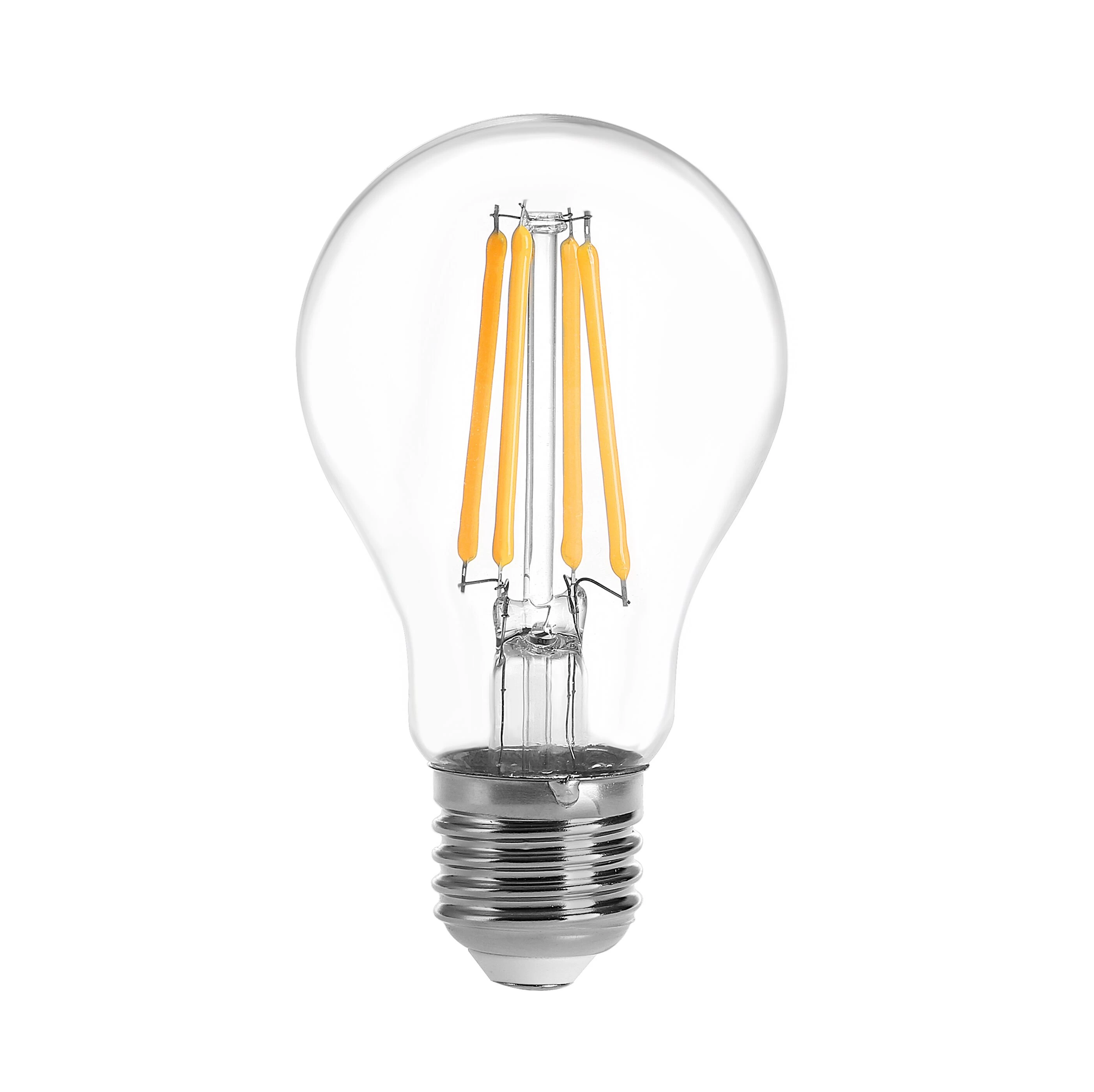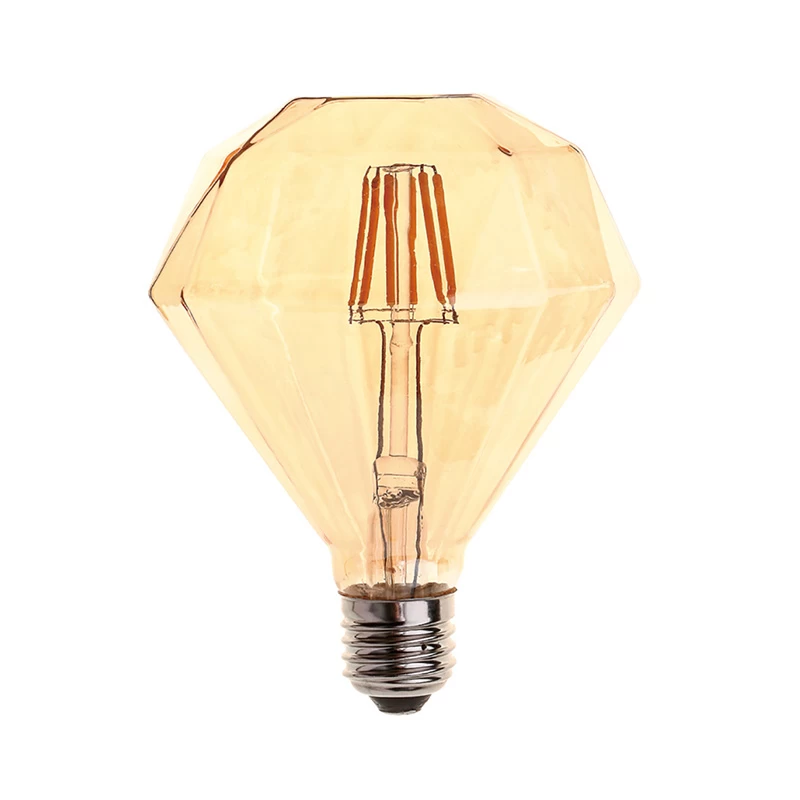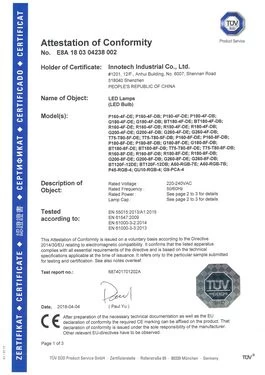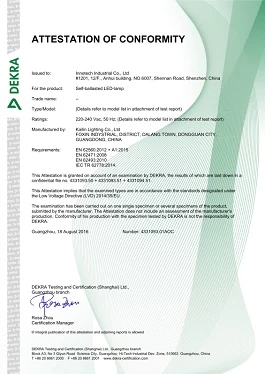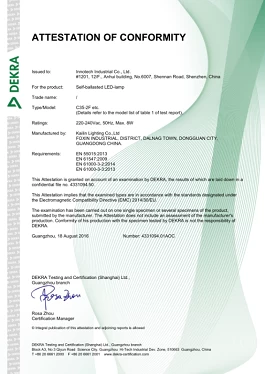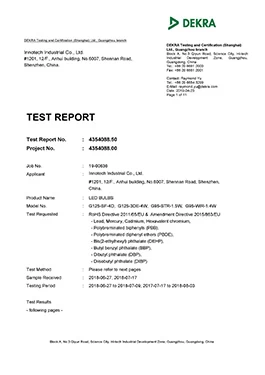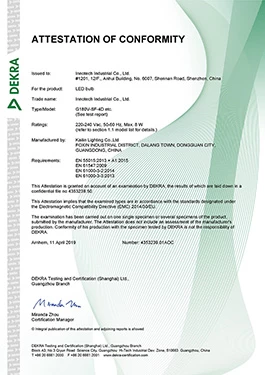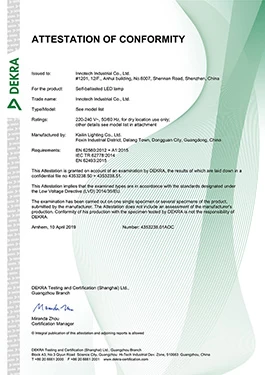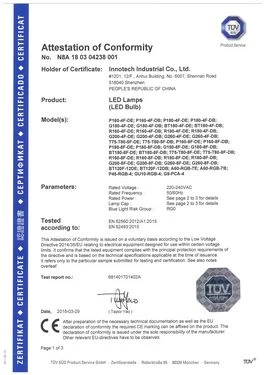LED lighting penetration rate increases
LED lighting penetration rate increases, downstream applications open up new blue ocean
With technological innovation and cost reduction, LED downstream applications have accelerated, and lighting has become the largest downstream application market for LEDs. This year, the global LED lighting market will reach 29.6 billion US dollars, and it is expected to reach 33.1 billion US dollars by 2017, and the market penetration rate will exceed 52%. LED has the advantages of energy saving, environmental protection and long service life. At present, only 10% of the electric energy consumed by ordinary incandescent lamps is converted into light energy, and the utilization rate of LED lamps reaches 90%. LED lighting saves nearly 90% of the energy compared with incandescent lamps, saving 75% compared with ordinary energy-saving lamps. . At present, China's lighting electricity consumption accounts for about 13% of the total electricity consumption of the whole society. For example, the replacement of LED lighting products will save 350 billion kWh per year.

In recent years, countries have introduced a timetable for disabling incandescent lamps. As early as 2012, the European Union, Japan, and Canada had completely banned the use of incandescent lamps. Since 2014, the United States has banned the sale of 40W, 60W, 75W and 100W incandescent bulbs. At the same time, China also prohibits the import and sale of incandescent lamps of 60W and above. As the price of LED bulbs goes down, the market penetration will increase further in the future. Data show that the retail price of LED bulbs replacing 40-watt and 60-watt incandescent lamps in the world has declined in October.

LED Filament light Bulbs manufacturer
In addition, LEDs have broad application prospects in the infrared and ultraviolet regions. Among them, infrared LEDs are mainly used for security monitoring and sensors, and security monitoring infrared LEDs can be used in night vision systems in the field of automotive electronics. At present, many manufacturers are actively deploying LED fields in the infrared and ultraviolet regions. Osram uses infrared LEDs with a specific wavelength of 850 nm to detect roads at 150 meters away at night. Infrared LED headlights developed by Ford can help drivers monitor obstacles such as pedestrians and cyclists while driving at night. In addition, the infrared LED can also be used to monitor the driver's driving situation, such as leaving the driving road to issue an early warning, etc., infrared LED monitoring will provide more reliable road condition information for the car automatic driving.
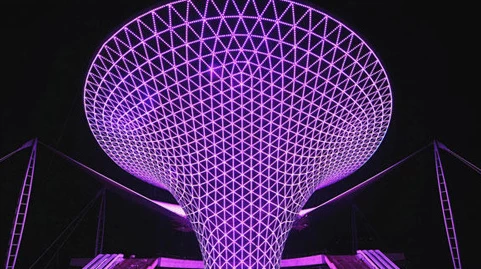
filament LED bulbs supplier china
From the perspective of sensors, Samsung's new generation of flagship mobile phones this year adopted infrared LED sensors to match iris recognition technology, using infrared LEDs to emit infrared light sources to the human eye, even in special circumstances, the iris has a higher recognition rate. . Infrared LEDs can also be used in eye tracking systems that use infrared LEDs to emit infrared light of a specific wavelength, record the amount of light reflected back from the eye, and use this information to identify the direction in which the user is viewing. The system will change the existing human-computer interaction mode, accurately display the relevant information of the position viewed by the user, and adjust the scene of the display or projection position. The future development of infrared LEDs is huge. LEDinside, a market research organization, expects that the infrared LED market will exceed US$300 million this year and is expected to reach US$711 million by 2020.

 +
+




